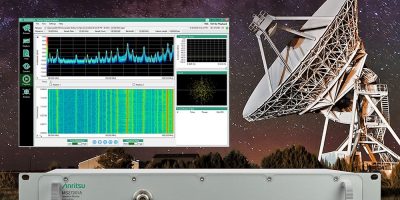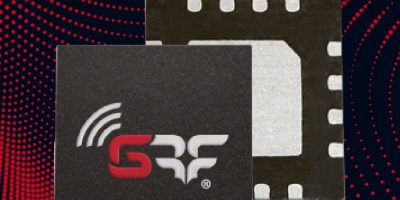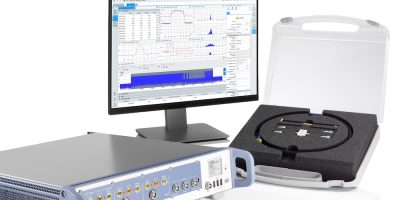IQ Signal Master MX280005A vector signal analysis software delivers expanded post processing measurements and analysis of IQ data files captured on an Anritsu Field Master Pro MS2090A, Remote Spectrum Monitor MS27201A, and Remote Spectrum Monitor MS2710xA spectrum analysers, claimed the company. The software is designed for challenging field environments. It can assist government regulators to inspect the RF spectrum, security agencies to track illegal or nefarious signals, spectrum owners to protect a licensed spectrum and defence electronics companies to analyse radar and EW (electronic warfare) signals, said Anritsu.
A suite of enhanced functions allows users to analyse the modulation of captured signals or replay the captured IQ data with enhanced resolution. It includes an IQ file browser with a detailed view of IQ file metadata, as well as an IQ data capture control that allows users to quickly configure the spectrum analyser for IQ data capture. A basic IQ data viewer that provides a quick and easy method to interpret images of any captured IQ data file to validate that the file contains information of interest is also included.
An optional IQ file format converter enables IQ data captured using an Anritsu spectrum analyser to be converted to the format required by the Anritsu Vector Signal Generator MG3710E and downloaded for playback to enable simulation of captured signals in a controlled lab environment. The VSA mode of the MX280005A features the same modulation quality measurements included in the initial release of the software.
The expanded MX280005A enhances the performance of the Field Master Pro MS2090A, and Remote Spectrum Monitors MS27201A and MS2710XA, said Anritsu. The MS2090A has continuous frequency coverage from 9kHz to 54GHz and a 110MHz real time option to deliver a displayed average noise level (DANL) of -164dBm, and third order intercept (TOI) of +20dBm (typical).
Wide area spectrum monitoring up to 43.5GHz can be conducted with the MS27201A. Anritsu offers three models of remote spectrum monitors in the MX2710XA family. The MS27101A is housed in a half-rack enclosure with 1U height, the MS27102A is an IP67-rated device for outdoor applications and the MS27103A is a multi-port spectrum monitor for applications requiring the use of multiple antennas.







